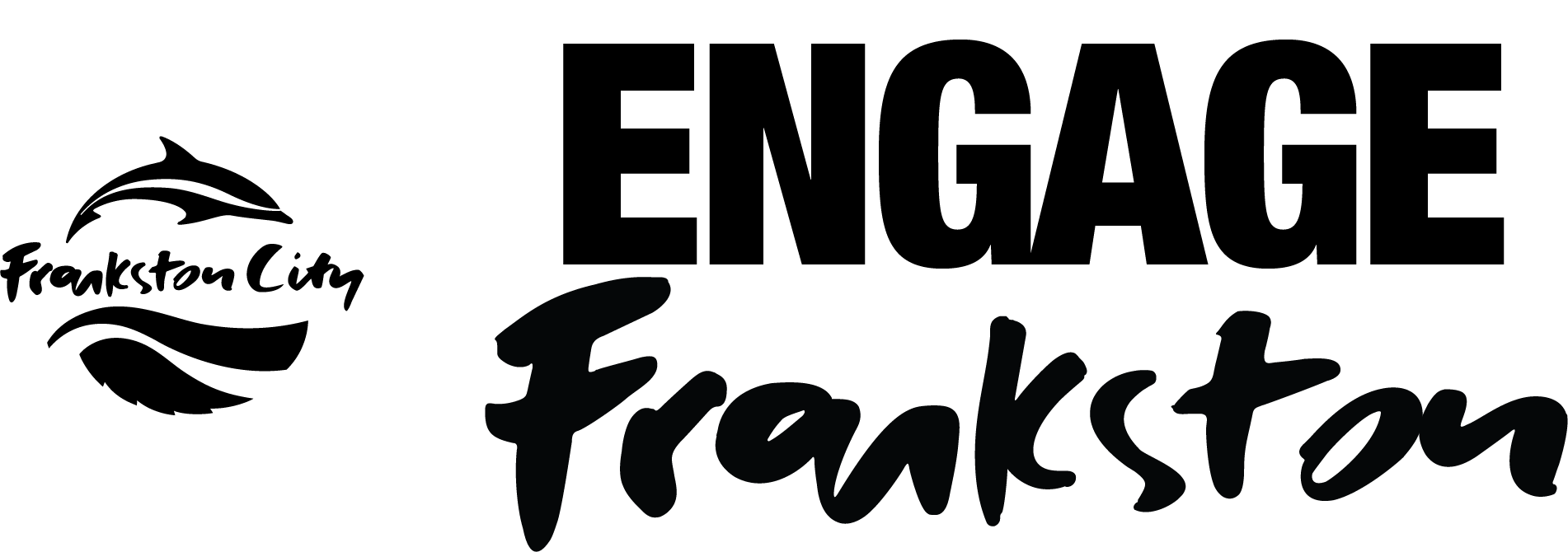Beach erosion and sediment movement
Our coastline is constantly changing, both seasonally and in response to significant weather events. Due to consecutive storms, the sand levels along our foreshore are lower than usual. This change in sand level can cause hazards in areas where our beaches intersect with infrastructure like stairs, boardwalks or decking. To restore safe access, we may use localised beach renourishment to shift sand. Affected areas will be closed during works and for up to two days after to allow sand to settle.










